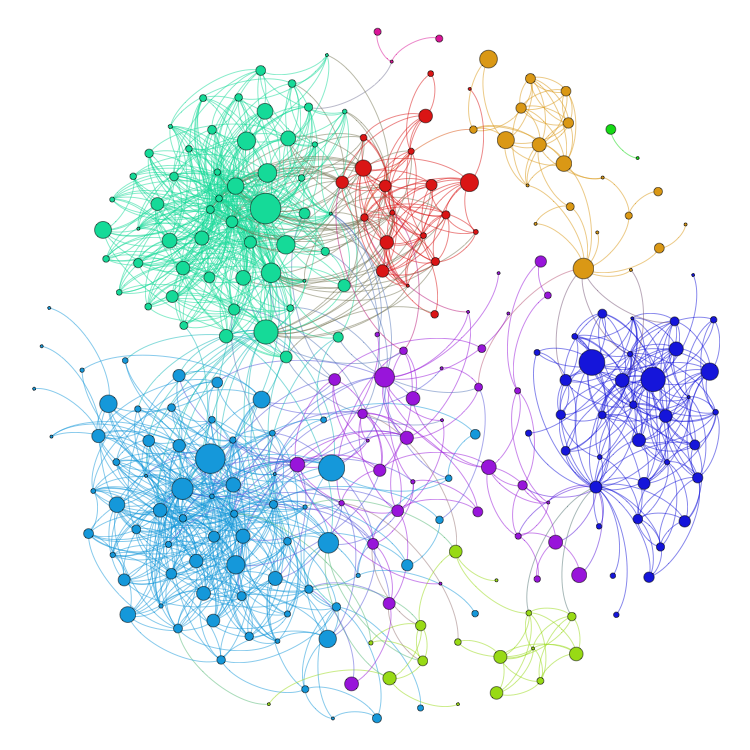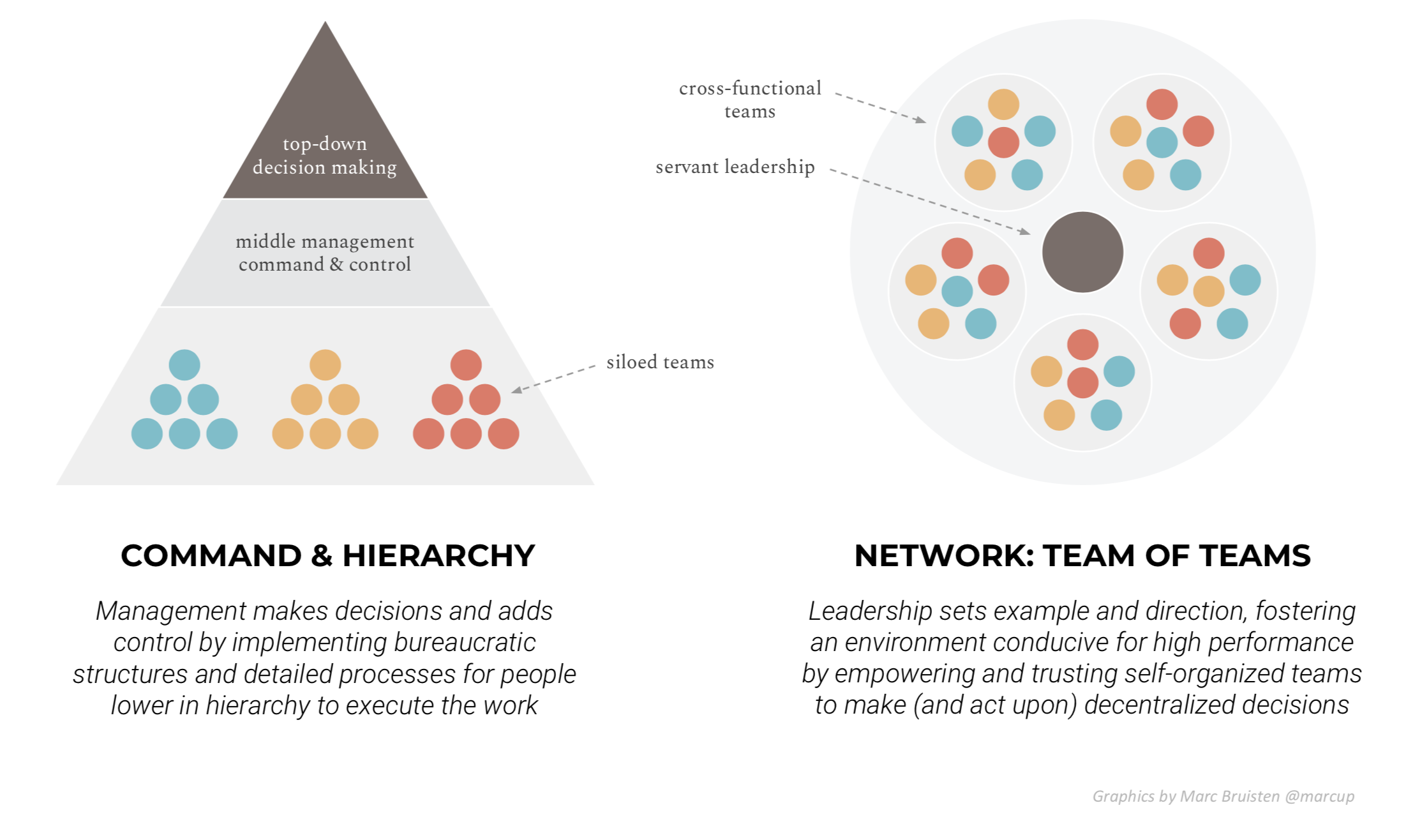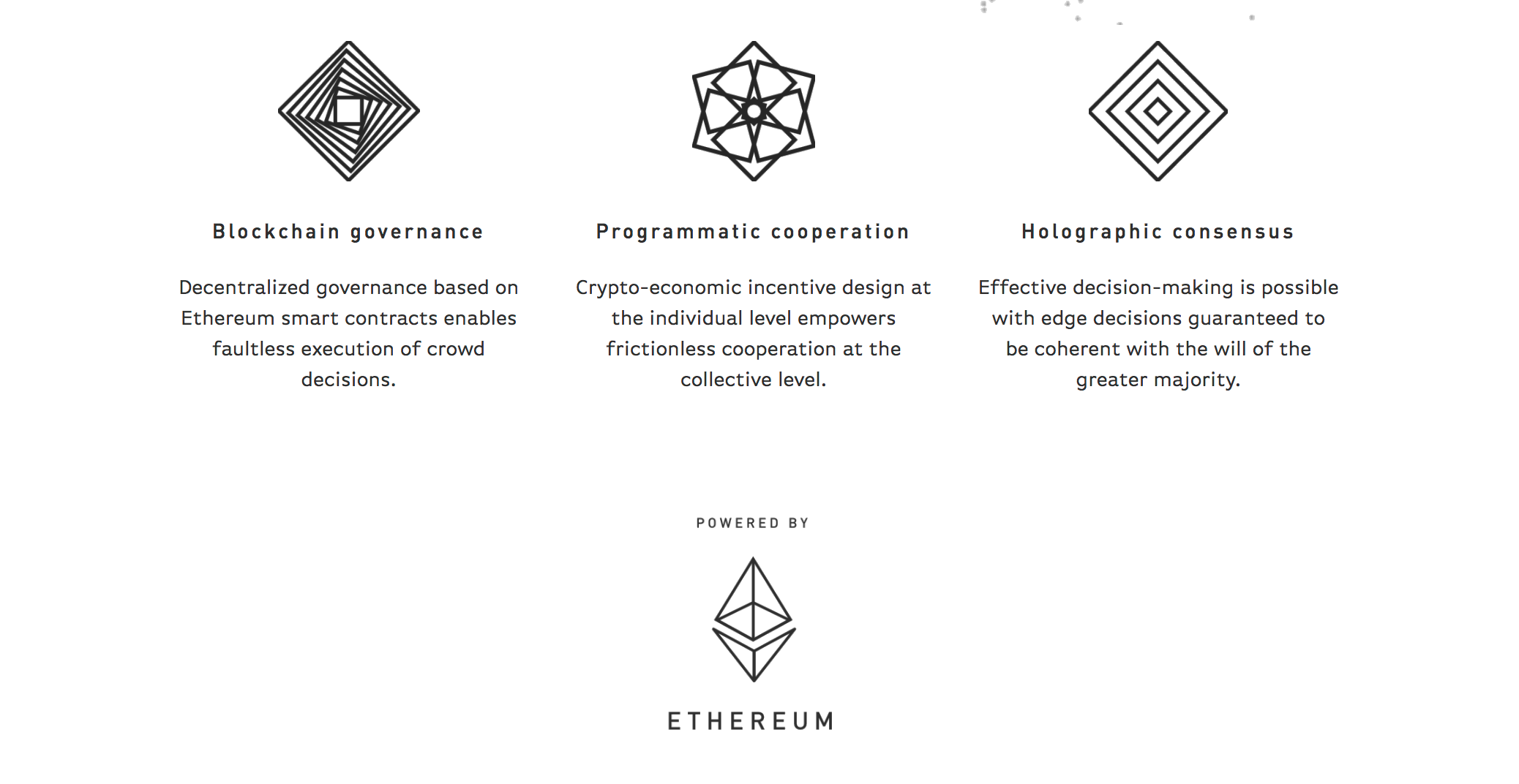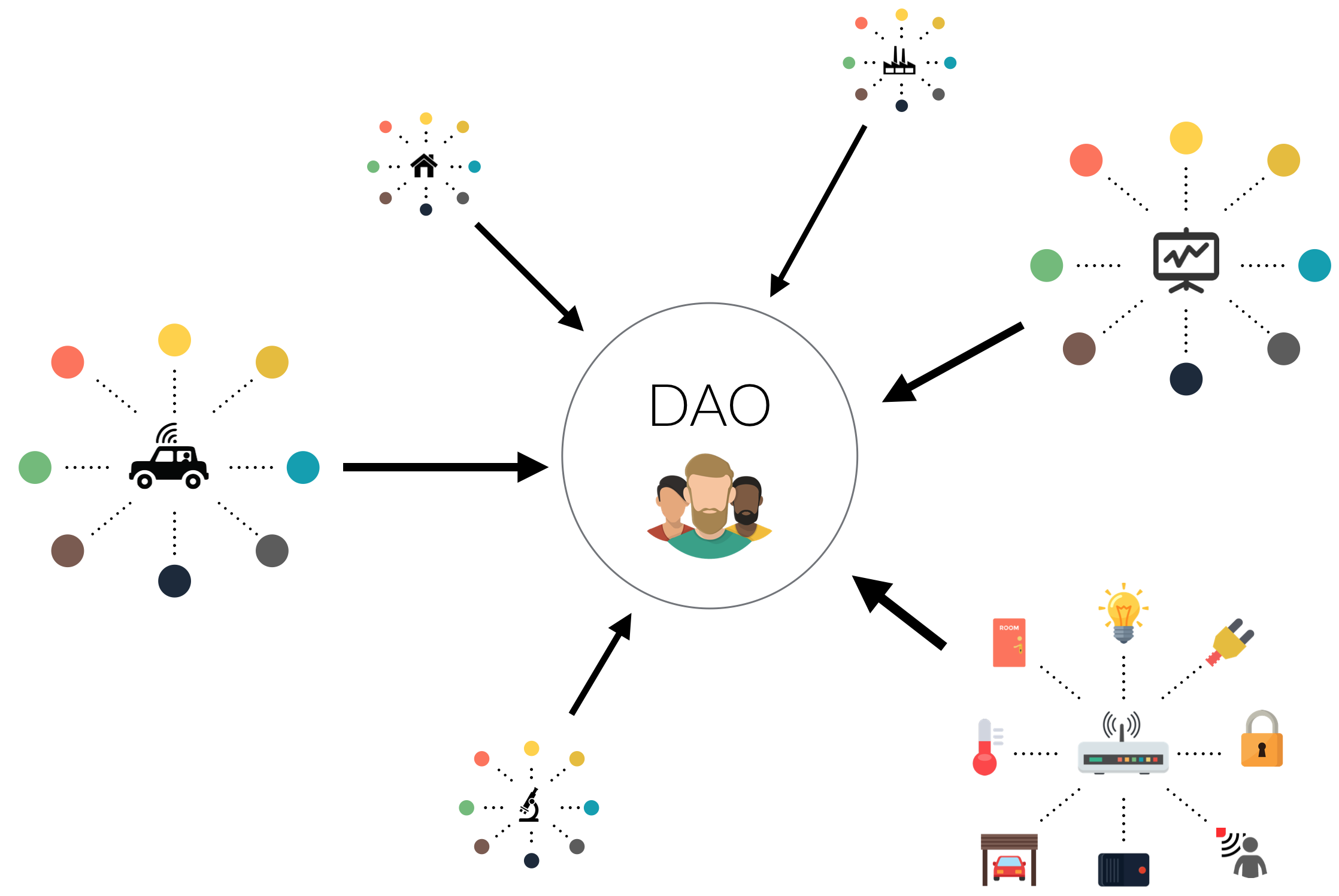The definition of the word “organisation” in Latin is the process of organising the arrangement of parts into an organic form. In the context of social sciences it is referred to an entity, compromising a group of people that collectively work together to achieve some higher level goal or purpose. This may be a company that is producing some product or service, a legal government system or a non-profit organisation like Wikipedia. But the primary reason of why organisations emerge is to achieve a so called "synergistic effect" - when the collective effect of collaborating individuals (also called “agents”) is more than just the sum of their individual contributions. We commonly refer to this behaviour as being “complex” or “nonlinear”, written in mathematical terms as f(A) + f(B) < f(A + B) (common phrase: “the whole is more than the sum of its parts”).

Traditional organisations usually take the form of a top-down (also referred to as "hierarchical") organisational structure, where some individuals (like managers, CEOs,..) have the power to make decisions on behalf of another individual (worker). This situation is also known as "principal-agent dilemma" in game theory and economics. In other words we say that there is an upward flow of information and downward flow of control / decisions.

In contrary to traditional organisations, DAOs are open democratic organisations that in many ways remove the need for a hierarchical relationship between individuals and provide higher levels of transparency, while reducing operational and scaling cost. From a computer science perspective DAOs are decentralized software systems (or protocols / programs) in the form of so called "smart contracts" (basic building blocks of such applications) that run on a decentralized application platform such as Ethereum. In the case of DAOs, individual behaviours are steered towards a defined common goal by an internal “currency” like value system (also termed “native tokens”).
For example a project called GitCoin enables project managers to fund contributions to open source projects with GitCoin tokens, which incentivises contributions from external developers, which in return adds value to the organisation.
Such examples demonstrate how new forms of human organisation could emerge in the future, which could open a whole new space of possibilities for decentralized coordination of work, decentralized governance, voting, fundraising, payments and so on,..

Also I've made a Wikipedia knowledge network visualization tool, where you can see how related pages link with each other. Visualization on DAO page here.
